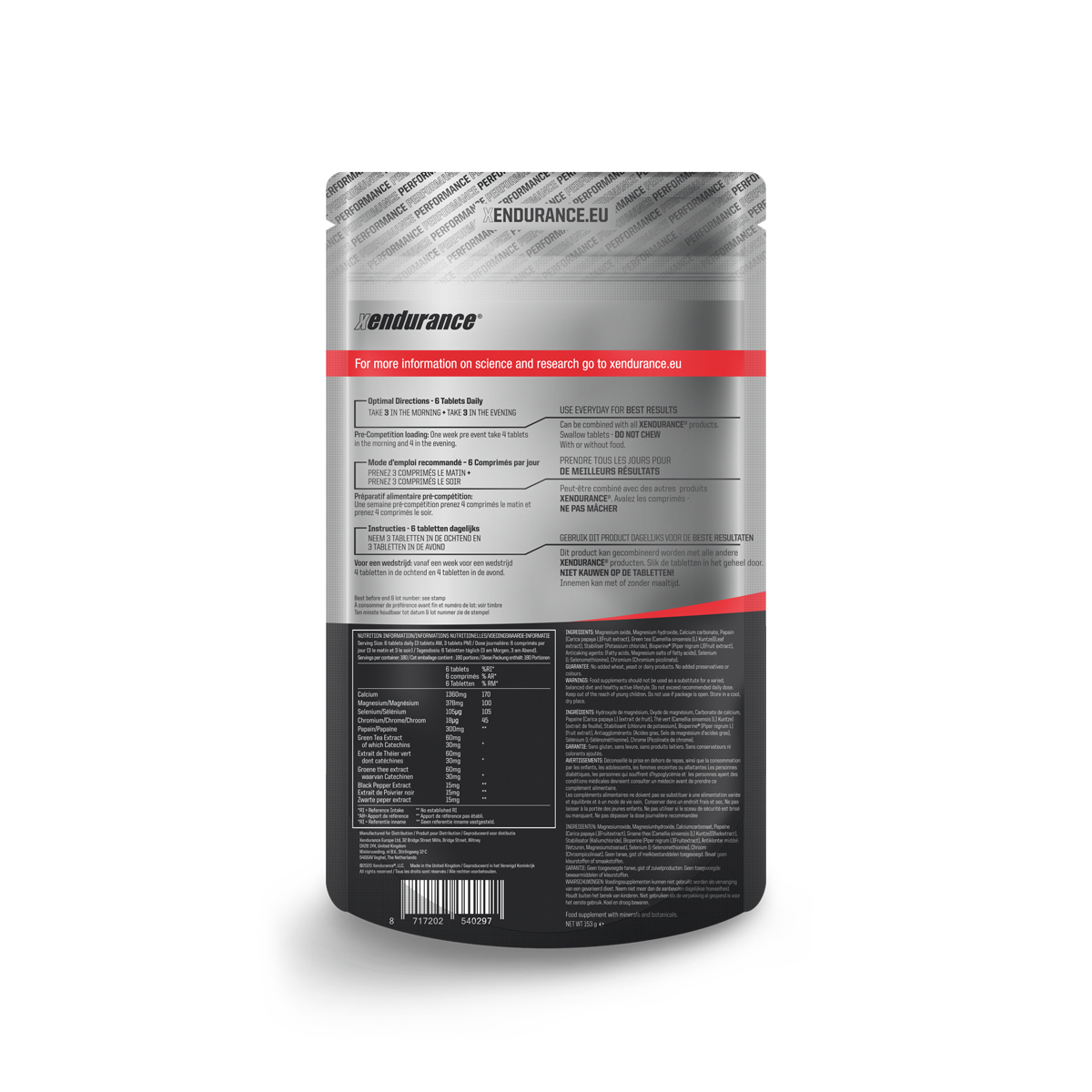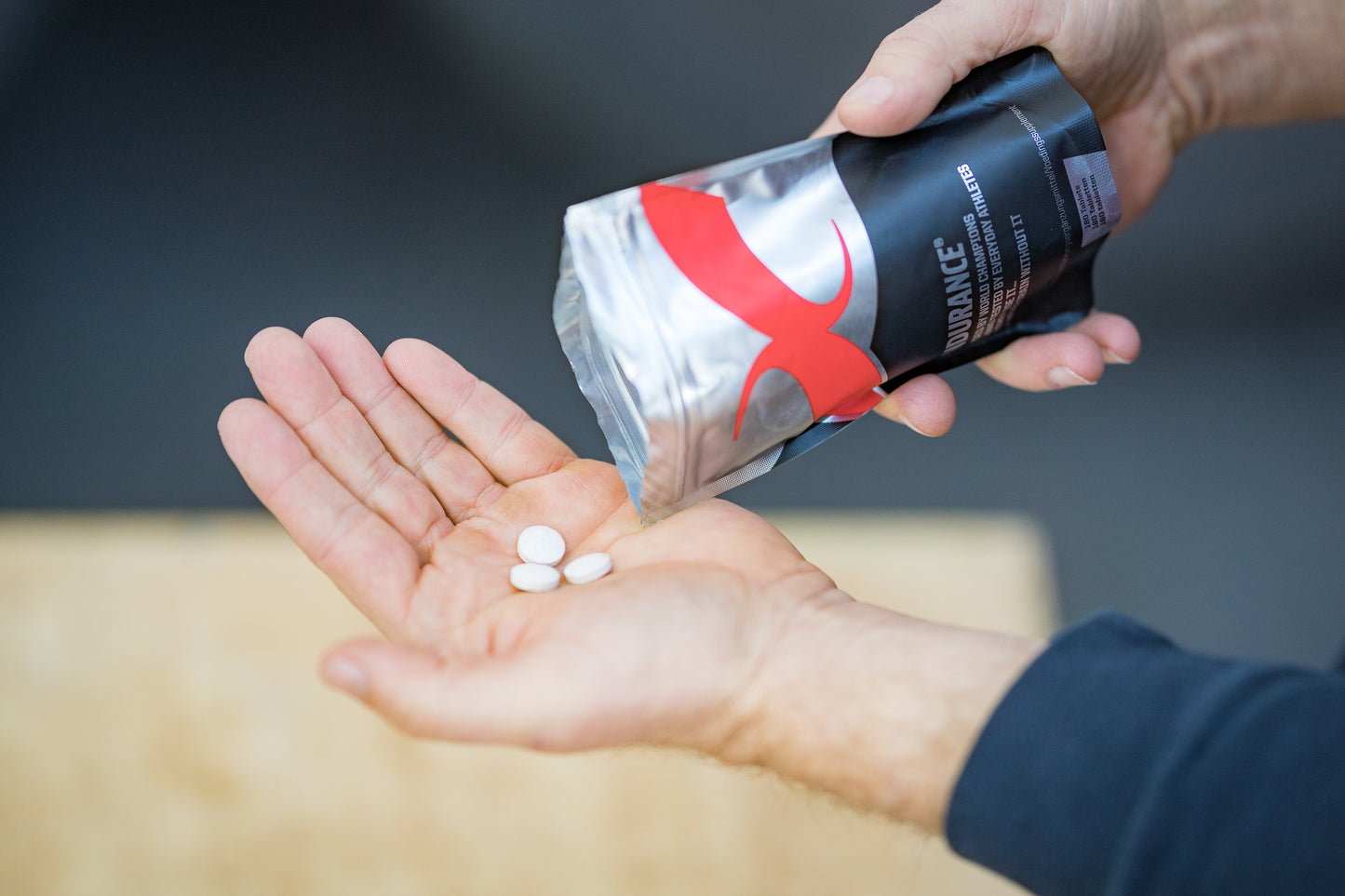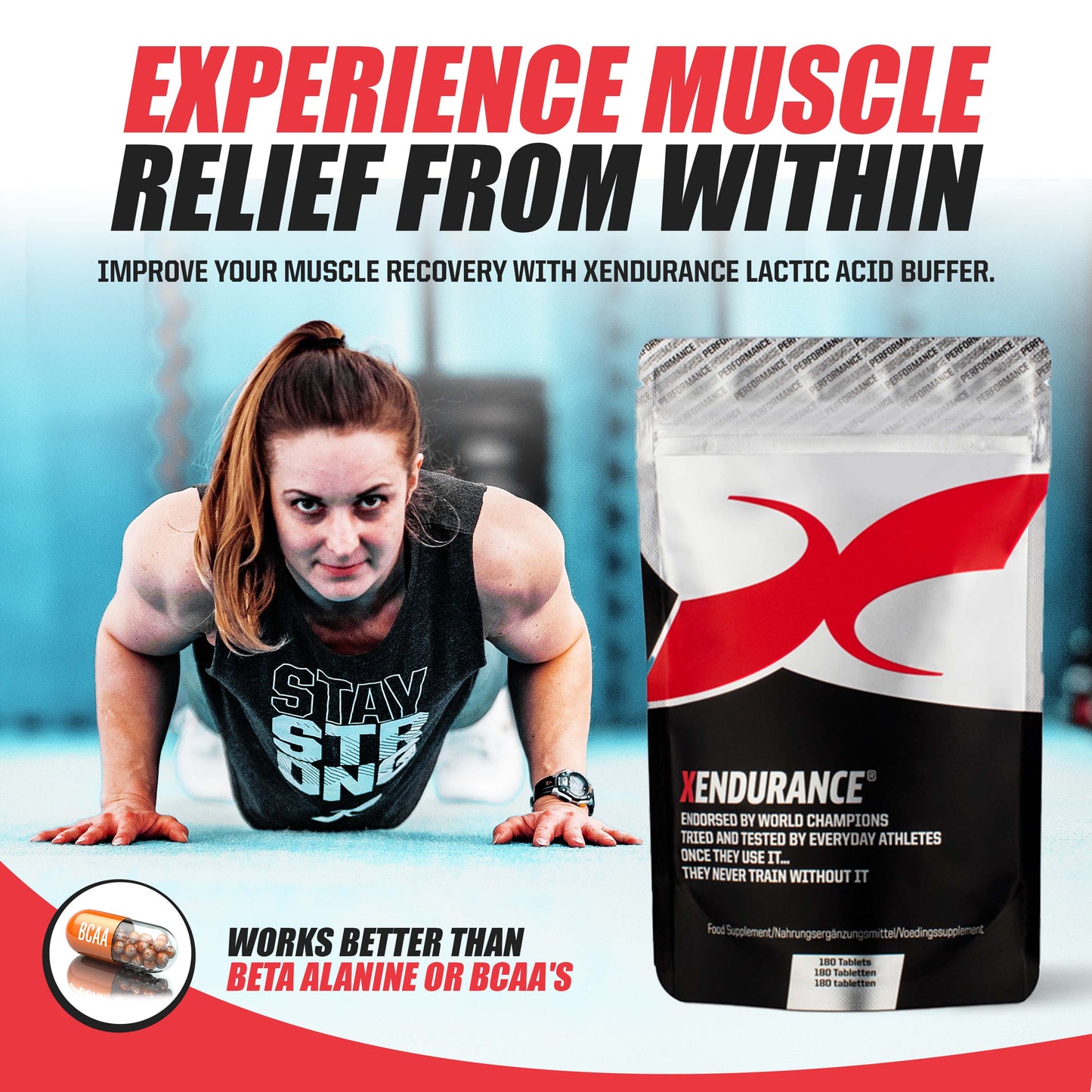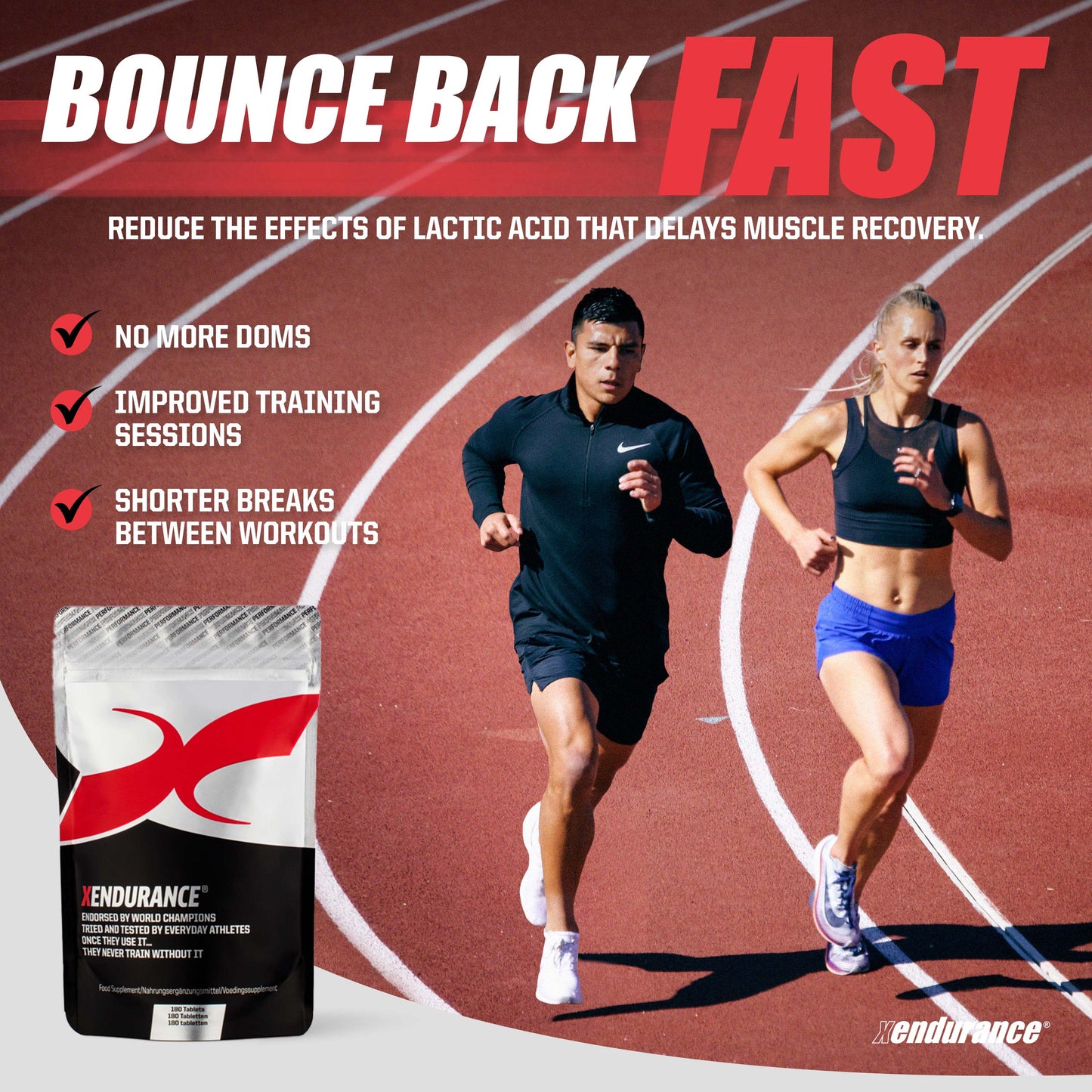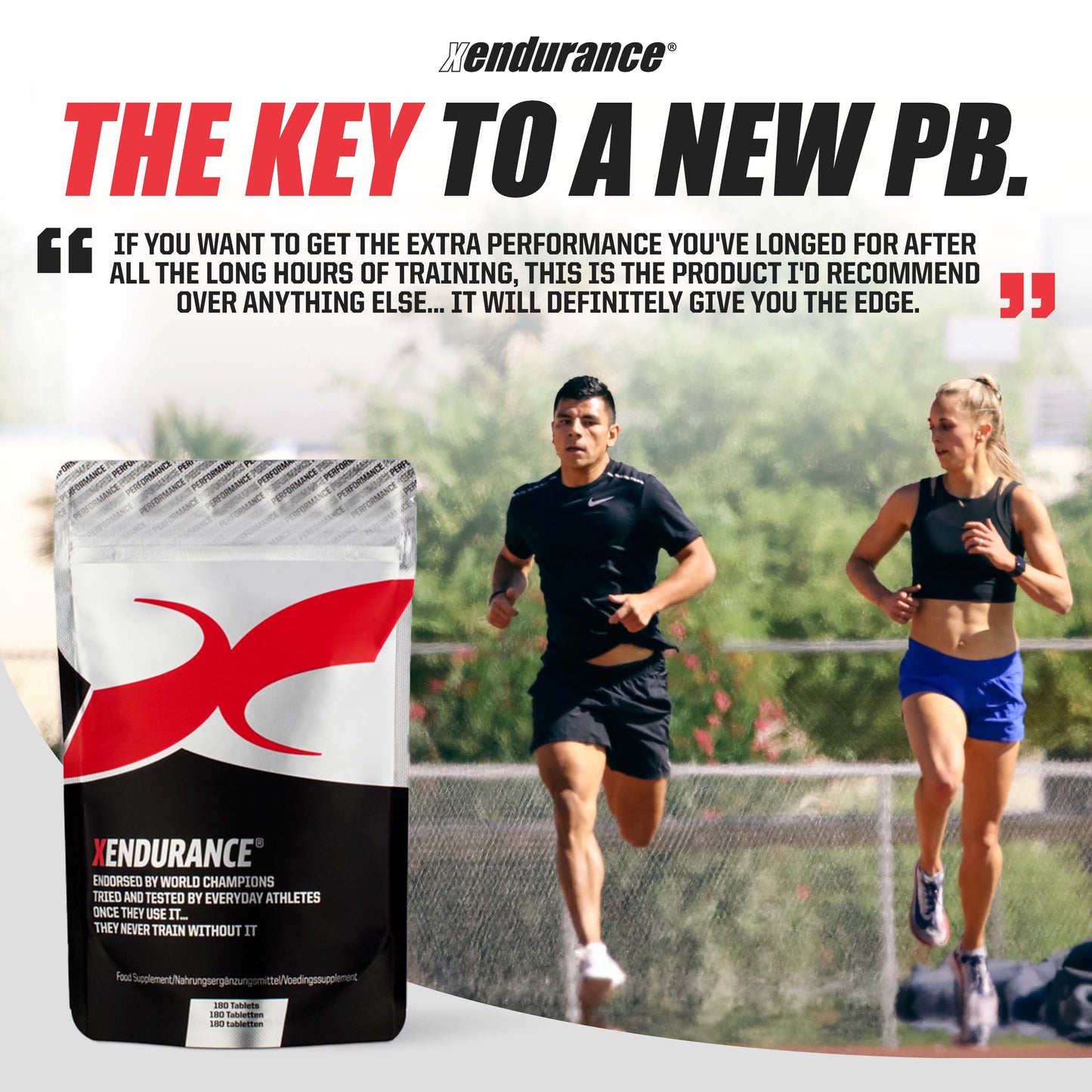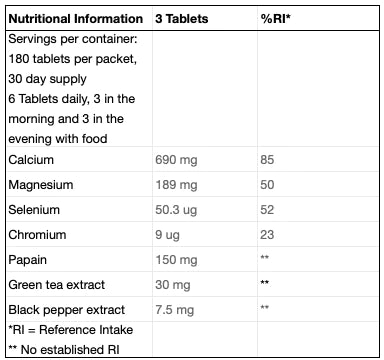The ageing process affects us all. Whether we like it or not, as time goes on, our bodies will deteriorate, and this is a natural part of life. But there are ways to fight the effects of ageing and maintain your health throughout your life. Oxidative stress can be an unfortunate “bully” in the battle against age-related illnesses; but by following these 7 tips, you will have more control over how you feel as you add years on to your life!
First, what is Oxidative Stress and how does it affect the aging process?
Oxidative stress is an imbalance between the process of oxidation and antioxidation in your body. In a nutshell, it means that there are more free radicals than antioxidants in your system, which can lead to chronic diseases like heart disease and Alzheimer's Disease. As we get older, we all get wear and tear on our bodies which in turn leads us to the aging process.
What are Free Radicals?
Free radicals are byproducts of oxygen and natural chemical reactions. They have a negative charge, which makes them highly reactive with other proteins in the body like lipids (fats) and DNA. You can think of free radicals as the "bad guys" bouncing around causing havoc for your cells.
How do you fight Free Radical damage?
Free radical damage may increase if you have high levels of stress or you have a poor diet. Environmental toxins and even cigarette smoke can cause free radical damage. Even obesity or increased body fat may give the "bad guys" access to damaging your cells. This is when you call in the "good guys", known as antioxidants, to help fight those free radicals!
Not only does your body naturally make antioxidants, but antioxidants can also be found in food, drinks and supplements.. The quality of our soil and the nutrients in the food we eat have been depleted over time so many of us turn to supplementation to make certain we have enough antioxidants in our diets.
7 Impactful Ways to Fight Oxidative Stress
Fight oxidative stress by getting plenty of sleep and managing your diet. Proper rest can mitigate the impact of inflammation on our bodies, while a healthy diet will promote balance in all systems, as well as helping to protect the body from chronic diseases.
Get enough exercise: Exercise is not only great for relieving tension but it also increases production of serotonin and endorphins, which are natural relaxants.
Decrease your exposure to toxins! If you smoke - stop! Eat organic whenever possible. Steer clear of those pesticides. What is in your cleaning supplies? We are exposed to so many toxins during the day that maybe if we became more aware, the little changes we make could have a big impact on reducing oxidative stress.
Take care of your mental health. Chronic psychological stress is real and it reduces the quality of life and promotes oxidative damage through constant activation of your brain axis. (HPA axis). The HPA axis involves the body's reaction to stress so you want the HPA axis in balance and this involves finding a way to reduce problems of the day. Meditation, adequate exercise, proper diet, getting enough sleep and mindfulness all can play a part in dealing with your metal health.
https://www.ncbi.nlm.nih.gov/pmc/articles/PMC4028159/.
It is a very appropriate time to mention this, but fighting infections can prevent oxidative stress. Do you brush your teeth regularly? Be truthful now. We can all go out and get vaccinated for the illnesses lurking in the world but a common thing such as brushing your teeth can prevent oral infections that are linked to numerous chronic diseases including cardiovascular and neurodegenerative disease. Eat well, get rest and make sure you get adequate sleep. Don’t foget to brush your teeth and floss!
https://www.ncbi.nlm.nih.gov/pmc/articles/PMC5603668/
Supplements also play a big part in fighting oxidative stress. Antioxidants are found naturally in fruits and vegetables, but they can be supplemented as well to help your body fight off free radicals that cause cellular damage. Antioxidants are substances that inhibit or stop the oxidation process. Yes! That's what we are looking for! But how can you tell if you are getting the right antioxidants? And are you getting enough?
Regular health checkups and blood tests may be able to tell you where you are lacking in vitamins and minerals. It's a good place to start. You must also take control of your health and do your due diligence in reading the supplement facts on any multi-vitamin or health product you are looking to buy. If you buy based on price, you may not get what your body needs. If you are totally confused, ask questions and get answers before buying a product. But you must do your research to make certain you have chosen the best option for your needs.



